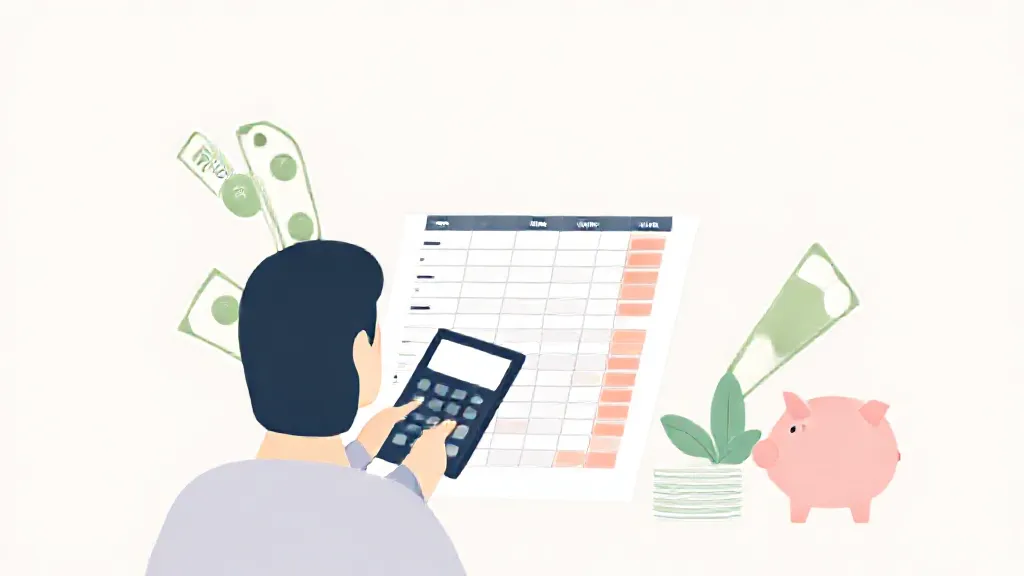Debt traps are situations where individuals find themselves unable to escape from a cycle of borrowing and repayment, often leading to financial distress. These traps can arise from various sources, including credit cards, payday loans, and other high-interest borrowing options. Understanding the nature of debt traps is essential for anyone looking to maintain financial health and security.
Recognizing the Signs of Debt Traps
The first step in avoiding debt traps is recognizing the signs that you may be falling into one. Common indicators include consistently borrowing to pay off existing debts, making only minimum payments on credit cards, or relying on payday loans for everyday expenses. If you find yourself in a situation where your debts are growing faster than your ability to repay them, it is crucial to take immediate action to address the problem.
Creating a Comprehensive Budget
One of the most effective ways to avoid debt traps is to create and stick to a comprehensive budget. A budget allows you to track your income and expenditures, helping you identify areas where you can cut back and save. By allocating funds for savings and essential expenses before considering discretionary spending, you can prevent the temptation to borrow money for non-essential items.
Tools like budgeting apps and spreadsheets can help simplify this process.
Building an Emergency Fund
An emergency fund acts as a financial safety net, providing you with resources to cover unexpected expenses without resorting to credit. Financial experts recommend saving at least three to six months' worth of living expenses in an easily accessible account.
This fund can help you avoid high-interest loans when faced with unforeseen costs, such as medical emergencies or major car repairs.
Understanding Interest Rates and Loan Terms
Before taking on any debt, it is crucial to understand the interest rates and terms associated with loans. High-interest loans, such as payday loans and credit cards, can quickly lead to a cycle of debt that is difficult to escape.
Always read the fine print and compare options before committing to a loan. If possible, seek out lower-interest alternatives, such as personal loans from credit unions or banks.
Practicing Responsible Credit Use
Responsible credit use is vital in avoiding debt traps.
This includes making timely payments, keeping credit card balances low, and avoiding unnecessary credit inquiries. Aim to use credit cards only for planned purchases that you can pay off in full each month. This practice not only helps you avoid interest charges but also positively affects your credit score, making it easier to secure favorable loan terms in the future.
Seeking Professional Financial Advice
If you find yourself struggling with debt, seeking professional financial advice can be a crucial step toward recovery. Financial advisors can provide personalized strategies for managing debt, budgeting, and saving. They can also help you develop a debt repayment plan tailored to your specific situation.
Many nonprofit organizations offer financial counseling services at little or no cost.
Staying Informed and Educated
Staying informed about personal finance and debt management is essential in avoiding debt traps. Numerous resources, including books, online courses, and podcasts, can provide valuable insights into effective money management strategies.
Educating yourself about the principles of personal finance will empower you to make informed decisions and avoid pitfalls that can lead to debt.
Developing a Long-Term Financial Plan
Finally, developing a long-term financial plan can help you stay on track and avoid falling into debt traps. This plan should include goals for saving, investing, and debt repayment.
Regularly reviewing and adjusting your financial plan ensures that you remain focused on your objectives and can adapt to changes in your financial situation. By taking a proactive approach to your finances, you can build a secure future free from the constraints of debt traps.
